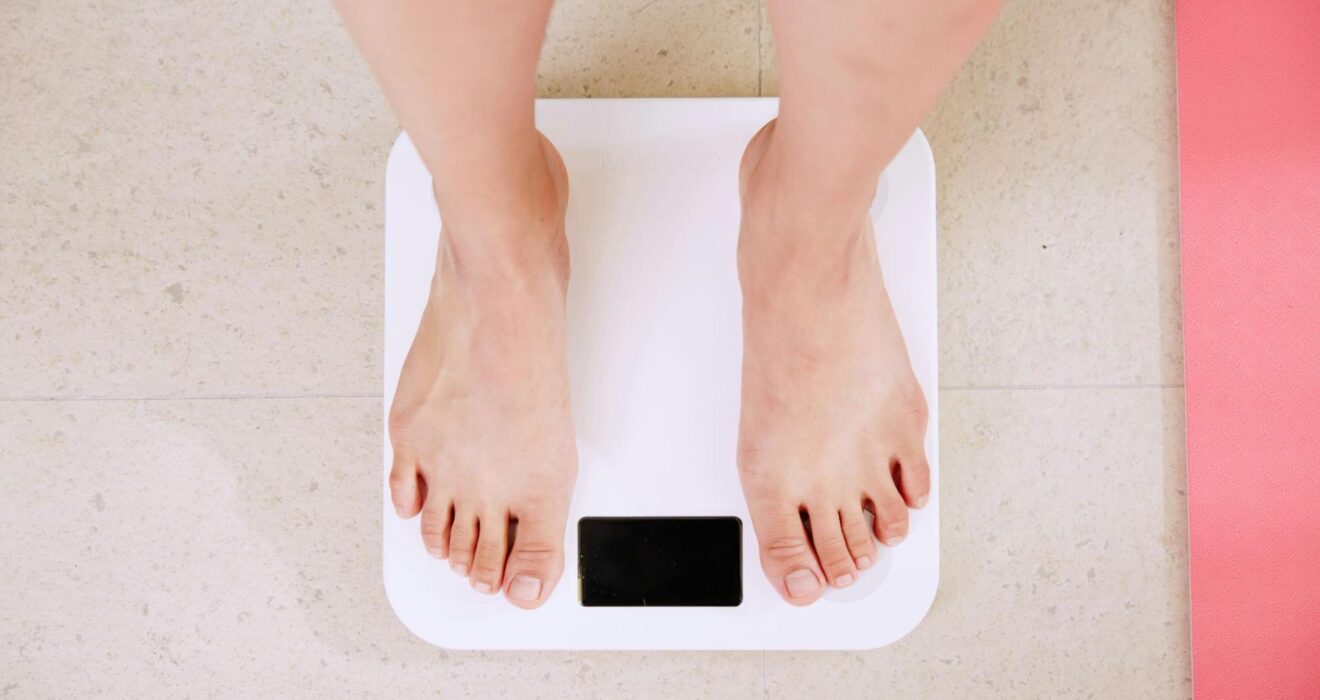Maintaining a healthy weight is a key factor in preventing and managing hypertension. Excess weight places extra strain on your heart, increases your risk of high blood pressure, and raises your chances of developing cardiovascular diseases. Fortunately, even small changes in your weight can lead to significant improvements in your blood pressure and overall health.
Why Weight Management Matters for Blood Pressure
1. Reduces Heart Strain
Excess weight forces the heart to work harder to pump blood, leading to higher blood pressure levels. Losing weight eases this strain.
2. Lowers Insulin Resistance
Being overweight can contribute to insulin resistance, which is linked to high blood pressure and other metabolic issues. Weight loss improves insulin sensitivity.
3. Decreases Inflammation
Excess fat, especially around the abdomen, produces inflammatory chemicals that can damage blood vessels and increase blood pressure. Weight loss reduces this inflammation.
4. Improves Circulation
A healthier weight supports better blood flow and reduces blood volume which in turns lower the pressure on your arteries.
How to Manage Weight for Better Blood Pressure

1. Focus on a Heart-Healthy Diet
• Adopt the DASH Diet: Rich in fruits, vegetables, whole grains, and lean proteins, the DASH diet is proven to reduce blood pressure and support weight loss.
• Cut Sodium: Limit your daily sodium intake to 2,300 mg (or 1,500 mg for those with severe hypertension).
• Portion Control: Use smaller plates and measure portions to avoid overeating.
2. Incorporate Regular Exercise
• Start Small: Begin with 10–15 minutes of moderate activity, like brisk walking, and gradually increase to 30–60 minutes most days of the week.
• Mix It Up: Combine cardio (walking, cycling) with strength training to boost metabolism and burn more calories.
• Stay Active Throughout the Day: Take short movement breaks to combat sedentary habits.
3. Track Your Progress
• Monitor Your Weight: Weigh yourself weekly to track progress and stay motivated.
• Log Your Food and Activity: Use an app or journal to keep track of meals and exercise, helping identify areas for improvement.
4. Set Realistic Goals
• Even losing 5–10% of your body weight can make a significant difference in lowering blood pressure.
• Focus on steady, sustainable weight loss (1–2 pounds per week).
5. Manage Stress
• Chronic stress can lead to overeating and weight gain. Practice mindfulness, yoga, or deep breathing to lower stress and improve focus on your goals.
6. Get Enough Sleep
• Poor sleep can contribute to weight gain and hypertension. Aim for 7–8 hours of quality sleep each night.
Practical Tips for Success
1. Plan Meals Ahead: Prepping meals ensures healthier choices and helps avoid impulsive eating.
2. Stay Hydrated: Sometimes thirst is mistaken for hunger. Drink water throughout the day.
3. Avoid Crash Diets: Quick fixes often lead to yo-yo dieting, which can negatively affect blood pressure. Focus on long-term habits.
4. Seek Support: Join a weight management group or work with a dietitian to stay accountable.
Benefits Beyond Blood Pressure
Managing your weight not only lowers blood pressure but also improves cholesterol levels, reduces joint pain, and boosts energy. A healthy weight supports overall well-being, making it easier to maintain an active and fulfilling lifestyle.
By making gradual and sustainable changes to your diet, activity level, and daily habits, weight management becomes an achievable goal. Combined with regular blood pressure monitoring and stress reduction, managing your weight can pave the way for better heart health and long-term hypertension prevention.


